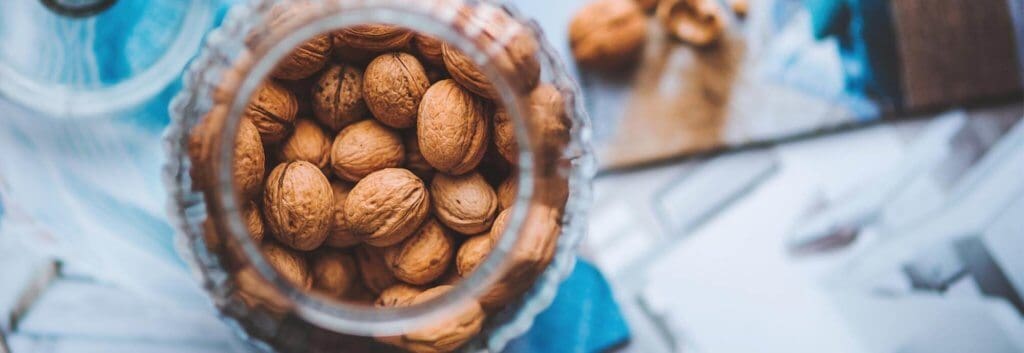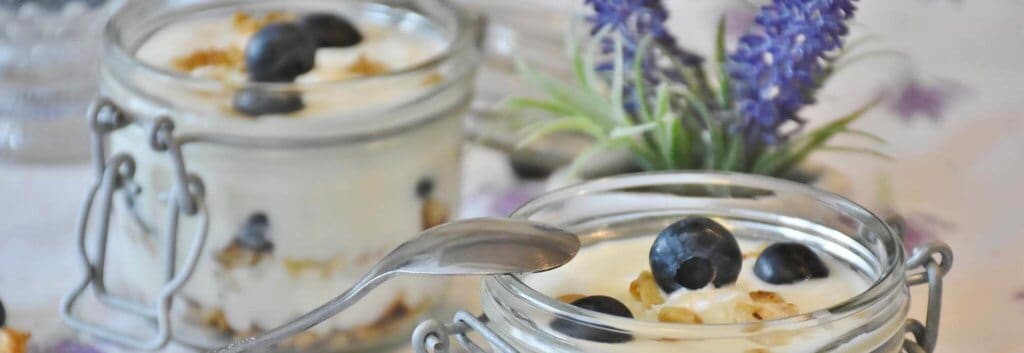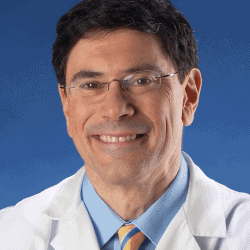
Magnesium
Surgery is a form of trauma, and the shock of trauma depletes magnesium. Many surgical patients are magnesium-deficient because of the medications they take, poor absorption, or skimpy diets. Magnesium regularizes heart rate and promotes circulation. Therefore, take 200-400 mg of elemental magnesium per day, preferably as magnesium taurate or Jigsaw Magnesium, the most absorbable kinds.Vitamin D
Especially in orthopedic surgery, vitamin D deficiency hampers proper recovery. Have your vitamin D levels checked before surgery, and supplement with 2000-5000 IU of Vitamin D3 per day accordingly.Vitamin C
Ascorbic acid counters free radical damage and is an essential co-factor for collagen synthesis, necessary for proper wound healing. I often give a pre-op IV of vitamin C and other nutrients to my patients prior to elective surgery. They soar through it with flying colors, and recover in record time.Zinc
Essential for wound healing and immunity. Take 30-50 mg of zinc picolinate or gluconate daily.Selenium
A vital co-factor for glutathione, the body’s premier antioxidant, selenium also confers protection against infections. Take 200 mcg of methylselenocysteine daily.L-glutamine
Studies have shown that this amino acid revs up the immune system, cuts infections, and promotes cell growth and organ repair. It also counteracts “leaky gut syndrome” which can occur transiently during surgical stress. L-glutamine is a building block for glutathione; it can also boost levels of regenerative growth hormone. Take 1 tsp of the powder in cold water, two or three times daily.L-arginine
According to research pioneered in the 1970s by my beloved Biochemistry professor at Albert Einstein College of Medicine, Dr. Sam Seifter, arginine has been shown to promote healing and reduce post-op infections. In fact, it has long been incorporated in a nutritional booster formula for surgical patients called Impact (available by prescription only). Consider taking three 1000 mg l-arginine caps three times daily for a few days prior to surgery. (Patients who are herpes-prone might want to skip this because arginine-rich diets tend to provoke outbreaks in susceptible individuals)




